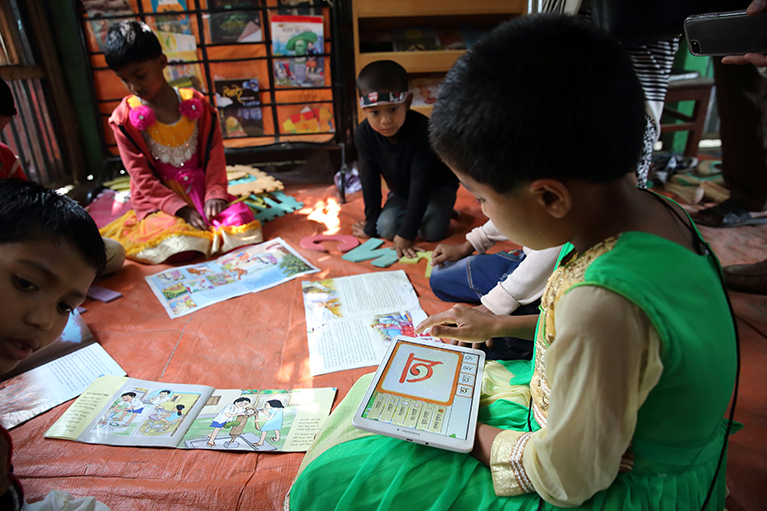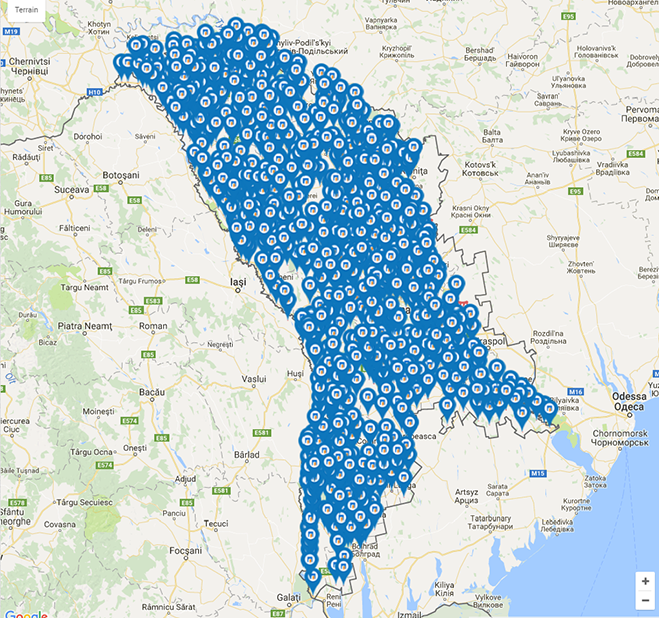Overview
To succeed in today’s world, people must obtain information quickly. Yet navigating the internet’s vastness and complexity is no easy task. It requires safe spaces where citizens can access the information they need. For more than a decade, IREX and our partners have invested in revitalizing libraries around the world so libraries can not only deliver information but also stimulate grassroots development.
Our global library work has reached 5,600 libraries that received 83 million visits and provided innovative services to more than 1.8 million people. Our work strengthens libraries as they transform into inclusive community resource hubs. We help libraries and librarians become powerful platforms for change in areas such as antitrafficking awareness, early grade reading, voter education, and media literacy.


